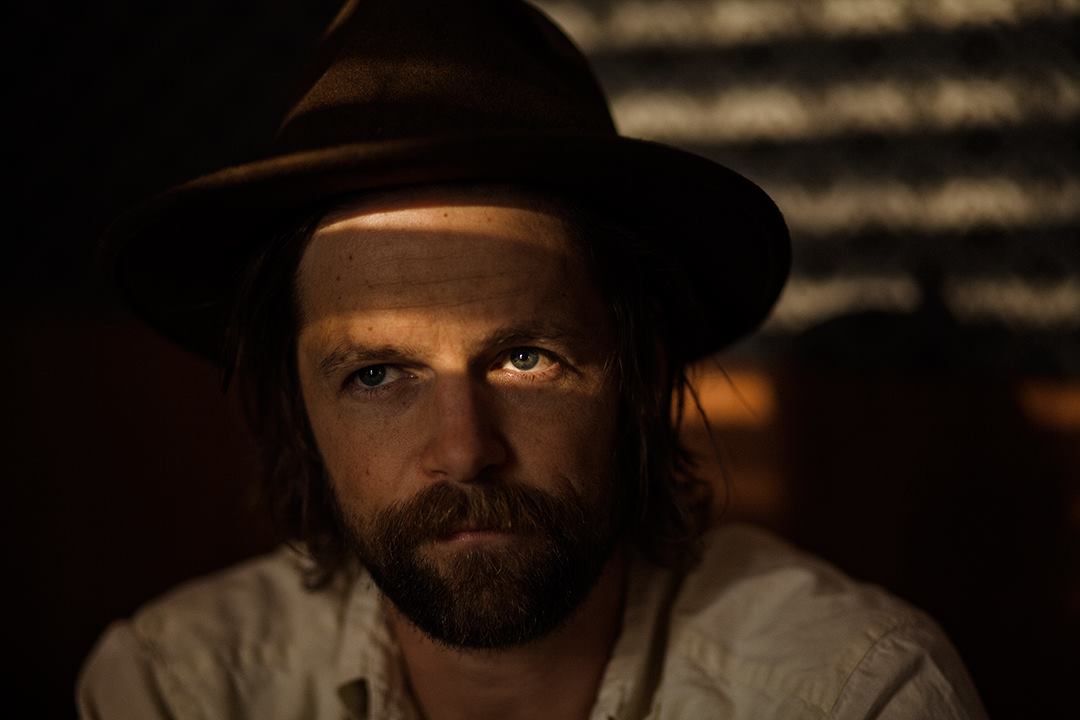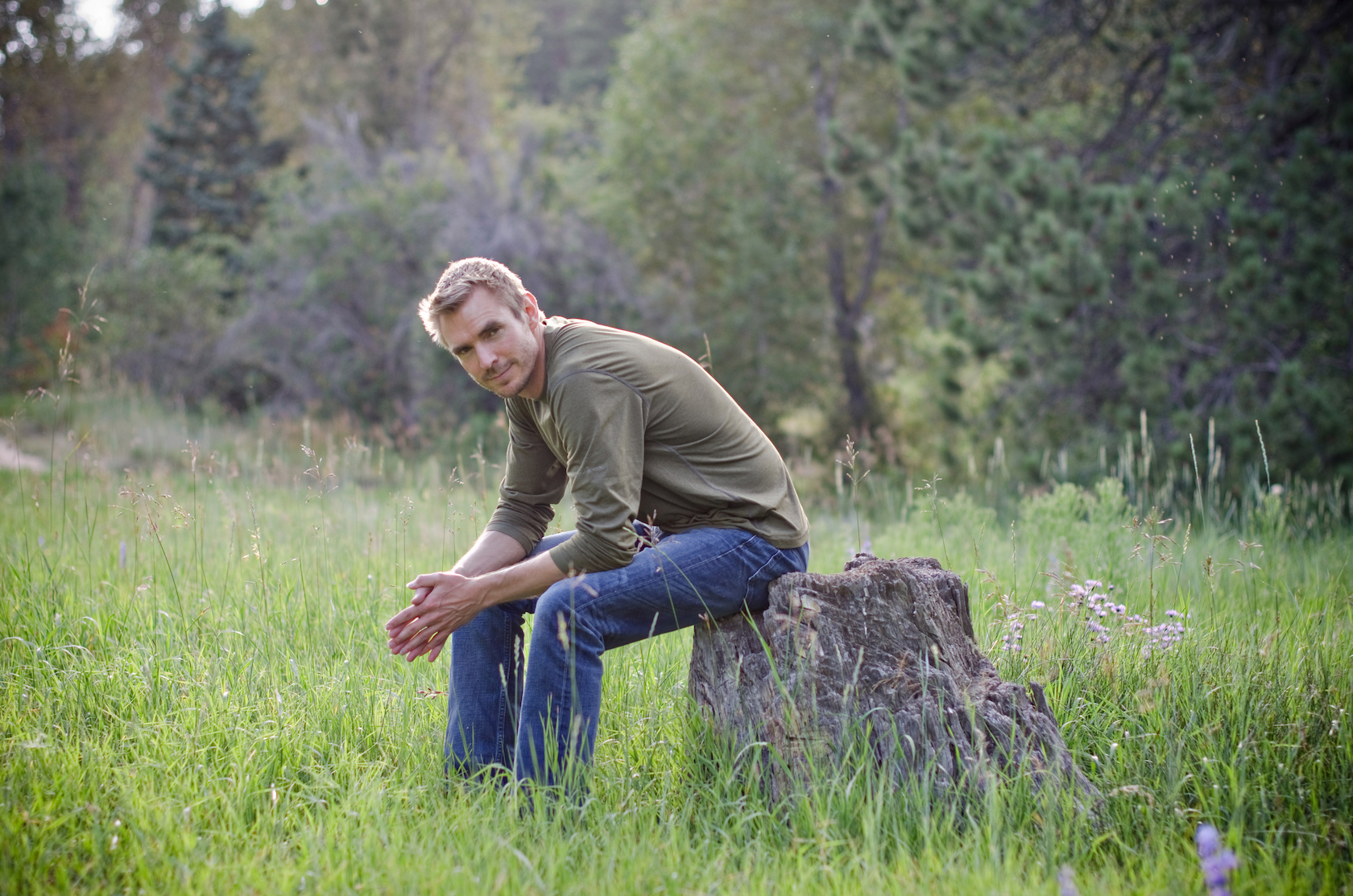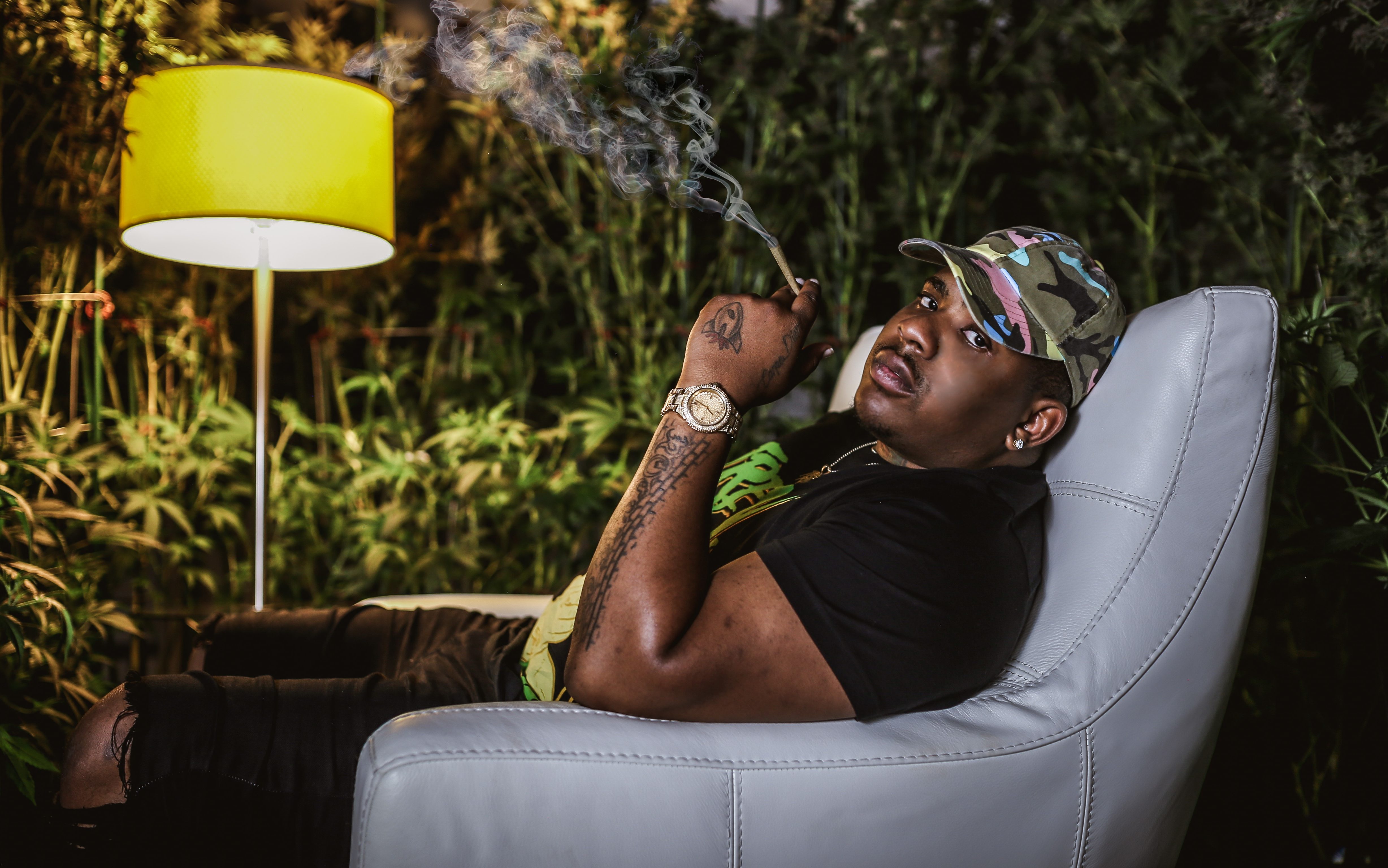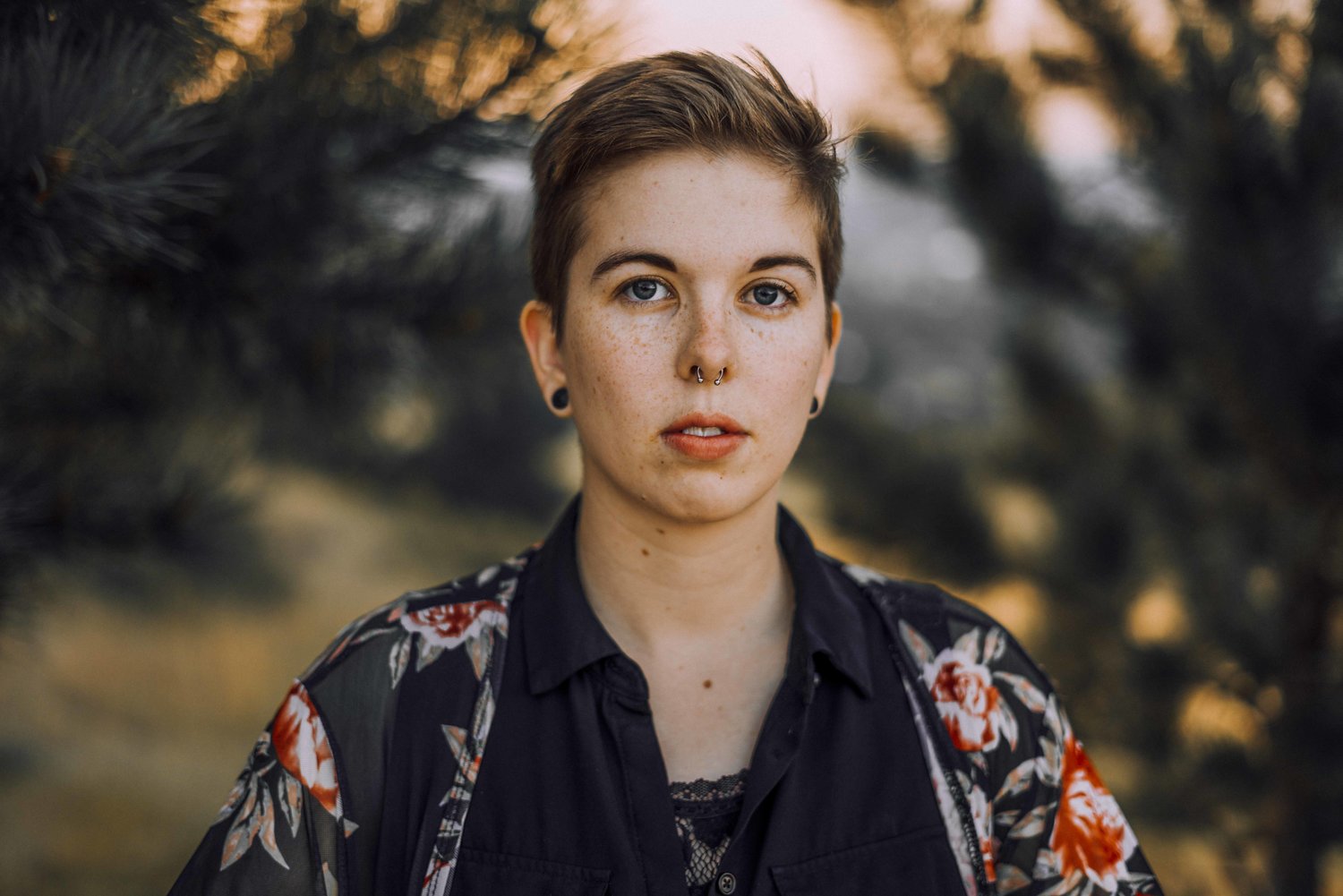Creative ruts suck. One minute you’re in the zone and the next, you’re banging your head against a wall praying for something — anything — to come out. In a perfect world, creativity would flow like water — providing musicians with a never-ending stream of raw, original masterpieces. However romantic, the idea that creativity is some divinely inspired force bursting out of every artist is far from reality. Time constraints, personal life drama, self-doubt and insecurity are just a few things that can thwart even the most dedicated efforts.
303 Magazine spoke with some prominent members of our local music industry get to the bottom of what causes creativity to take a hiatus and how to get back on track. While these solutions are geared towards songwriting, they are applicable to nearly every creative endeavor. Sometimes the simplest solutions are the hardest to execute — but with a little practice, channelling that artistic energy can become second nature.

Get Some Space
“Get that creative idea out, record it and then forget about it for at least a week. Then come back to it fresh because the way you hear your own music changes depending on your state of mind and where you are in the process,” says Matt Hoffman, frontman of local bands Strange Americans and New Mexican — in addition to his own creative pursuits, Hoffman is a professor at the Detroit Institute of Music Education (DIME) in Denver and teaches songwriting at the University of Colorado at Denver (CU-Denver). When you’re feeling blocked, Hoffman stresses the importance of knowing when to step away from a project and come back to it later with a renewed perspective.
While you’re out getting space, try to cultivate new experiences. Owen Kortz, a prolific musician and founding member of the Singer/Songwriter Program at CU-Denver urges his students to “be brave [and] go out and experience something new” whenever they feel stuck. Something as simple as going to a party or visiting a new part of town can provide valuable life experiences to draw from. Kortz also advises his students to pursue other creative projects like gardening or painting which can open up fresh avenues for creative exploration.
Balancing Structure and Creativity
Although structure may seem inherently limiting — when used as a tool to challenge and expand your creativity, it can help break through artistic blockages. An exercise that Hoffman teaches his students is to switch the song structure of their lyrics. For example, he will have them translate their lyrics from AABA form to verse-chorus form and back again. “I think that’s a really worthwhile exercise for anybody — to go through that and then ask yourself, do I like this better now that I’ve put it into this mold? Just switching up that structure,” he explains. “It’s that balance of the structure talking to the creativity and that kind of crosstalk is really important.”
While ideas may come easily, developing them into a cohesive product takes a lot of hard work. Exercises like these can help you come up with out-of-the-box solutions. Don’t beat yourself up for struggling — things won’t always be effortless, and that’s okay.

Don’t Be Afraid of Your Emotions
It’s not always easy to tap into those deep dark places of our psyche — it can be tempting to shut yourself off from these vulnerable areas lest we get hurt. But the best work often comes after we allow ourselves to fully embrace our vulnerabilities. Popular hip-hop artist, Trev Rich, tells us that “you can’t write on the run.” Rich explains that, “if you’re writing on the run, you’re trying to run from problems while being creative. We really need to sit in those problems and add creativity to them. That’s where your biggest creativity comes from — taking them on head on.”
Exploring and writing about your problems can be a cathartic experience that helps you to work through personal issues. Rich tells us that the best artists are the ones that are believable — so do your best to be authentic and don’t be afraid to dig deep.

Switch It Up
When feeling stuck and uninspired, try switching up your routine. Both Hoffman and Kortz advise their students to explore different instruments when they feel like they are hitting a wall in their creative process. If you primarily play the guitar, try playing the keyboard or a ukelele. If you typically write a melody followed by lyrics, see what happens when you write the lyrics first. Experimenting with different artistic mediums can force you to get out of your comfort zone and grow as an artist.
It may even be helpful to experiment with being productive at different times of day to find out when you enjoy creating the most. Assess how being productive in the early morning as opposed to the late evening impacts your work. Adding another creative mind into the mix can also provide some much-needed inspiration. “Sometimes writing with somebody else just puts chemistry and synergy into the process — [and] then ends up bursting into a new creative feel,” says Kortz.
Give Yourself Time
Creating isn’t going to happen on the fly. For every quick burst of inspiration, there’s likely going to be a longer interval of trial and error, writing and editing, before you reach your goal. Make creativity a priority, not a luxury. “I wish creativity punched me in the face (but like in a romantic way), but for me at least, it happens when I intentionally separate myself from distractions and make time to do the damn thing,” explains Kenzi Everitt, frontwoman of local band, Kinesics, and owner of the media company, Lady Cactus — among other endeavors.
Everitt tells us that “sometimes that means waking up at 5 a.m., sometimes it means spending an hour cleaning my room because I [can’t] do anything creative, and sometimes it means scheduling out every 15 minutes of my day so that I don’t do something else instead.” Allocate your time in a way that allows you to be fully immersed in the content.

Since it can take time to flesh out our ideas, it’s also important to quiet that inner editor when you’re in the beginning stages of bringing an idea to life. Although it may be tempting to immediately edit every word we put to paper, giving yourself the time and freedom to explore is key. “When you have an idea, a lot of times it takes a while just to even figure out what that idea is,” says Hoffman — conversely, knowing when to leave an idea behind or save it for later is a valuable skill. Above all, trust your intuition and follow your creativity where it leads.





